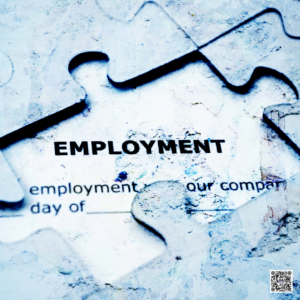
Layoffs, return-to-office initiatives and unemployment have all reared an ugly head over the last 12 months. Therefore, it should come as little surprise that job tenure in 2024 is also down. Information provided by the U.S. Bureau of Labor Statistics (BLS) shared the median number of years that a wage and salary worker has been with their current employer was 3.9 years in January 2024. This is down from 4.1 years recorded in January 2002.
The median employee tenure, defined as the point at which half of all workers had more tenure and half had less tenure, was generally higher among older workers than younger workers, according to the BLS. The tenure of workers aged 55 to 64 was 9.6 years. The tenure of workers aged 25 to 37 was 2.7 years. Older workers were also more likely than younger workers to have more than 10 years of tenure.
Within the private sector, tenure of employees was 3.5 years with slightly higher tenure of 4 or 5 years for those working in manufacturing, finance, mining, quarrying and oil and gas extraction. Areas such as manufacturing have been talking about a skills gap for years while some of these other industries see multiple generations carrying on such work. By contrast, leisure and hospitality workers have the lowest median tenure at 2.1 years.
AI and Automation Considerations
We’re at an interesting point in the workplace where we have more generations working together than ever before, but this too will ebb and flow. With older generations choosing a considerably higher tenure of service, it’s time to consider what might happen to these jobs and these industries when older generations begin to retire. Will these roles be attractive to younger generations? If not, how will that translate into tenure in these areas?
The September strike of close to 45,000 Longshoreman at 36 U.S. ports from Maine to Texas also raises an interesting question of tenure as it relates to automation and artificial intelligence (AI). One of the major points of the strike being that the workers would not be replaced by automation. The reality of replacement by AI continues to be a very real scenario with the potential to impact employees across generations and across industries.
Because of this, it will be critical to see how the question of tenure continues to play out among job candidates and among those who hire. Tenure, both long and short, is interpreted differently, often depending on which side of the hiring desk you sit on. As the workplace and its occupants continue to evolve, it’s likely our definition of tenure and its importance, or not, will also need to evolve.


